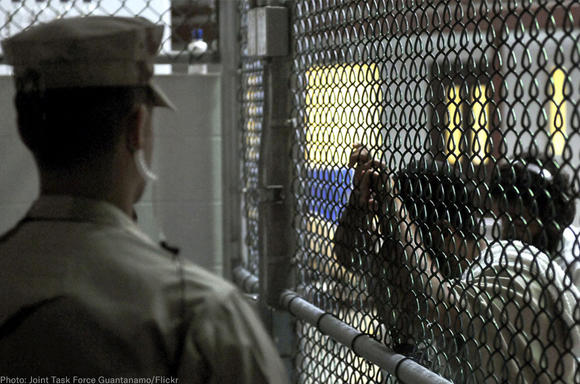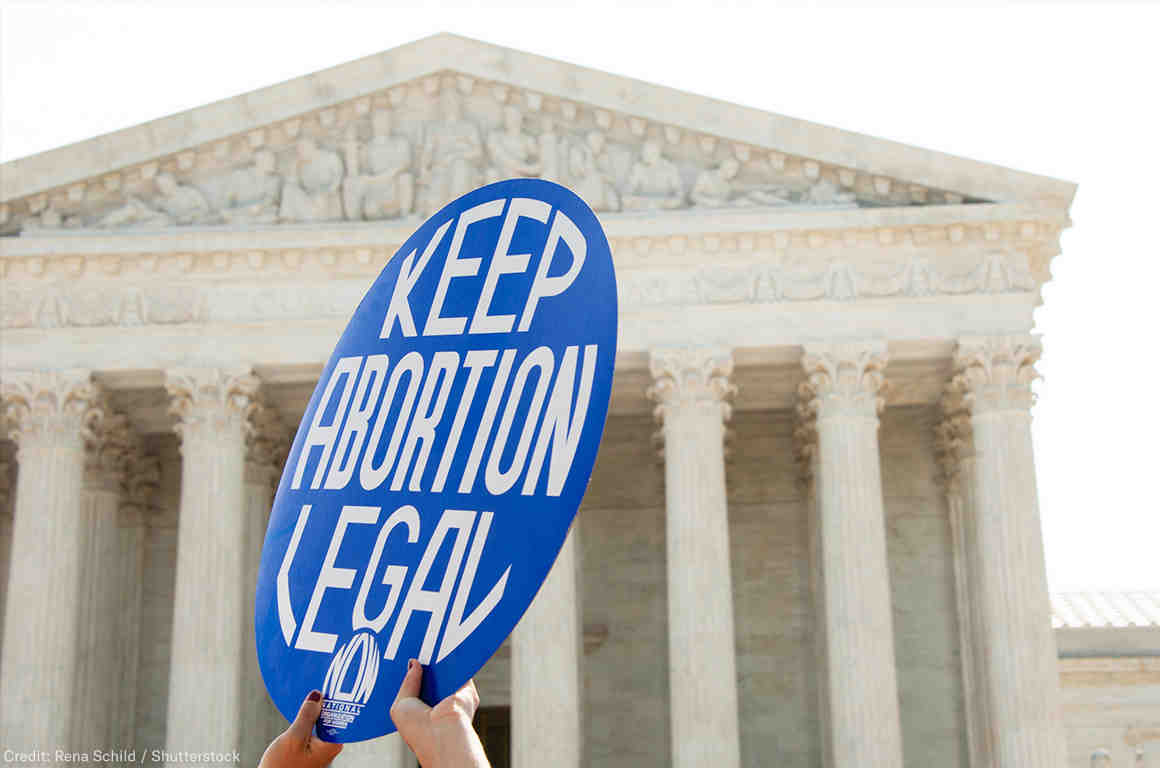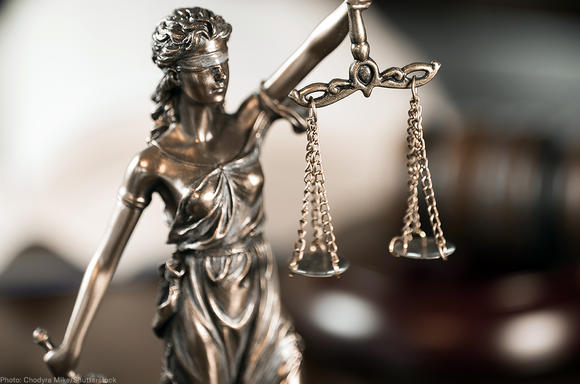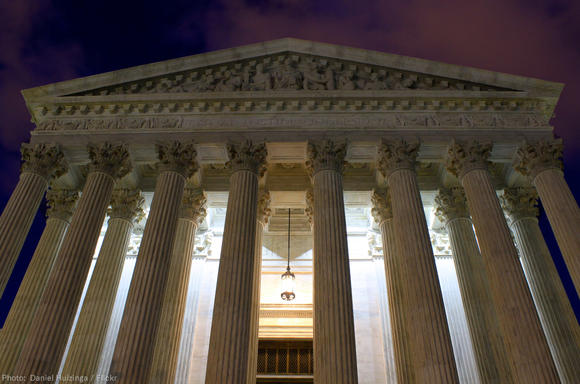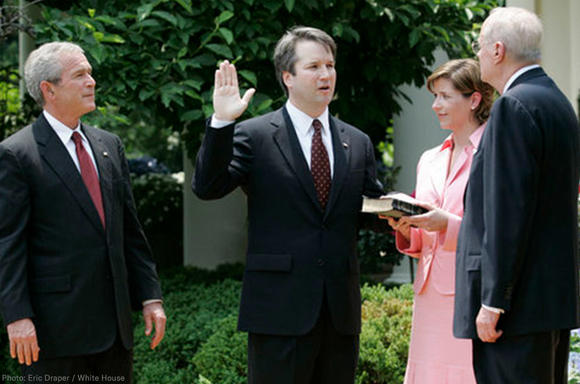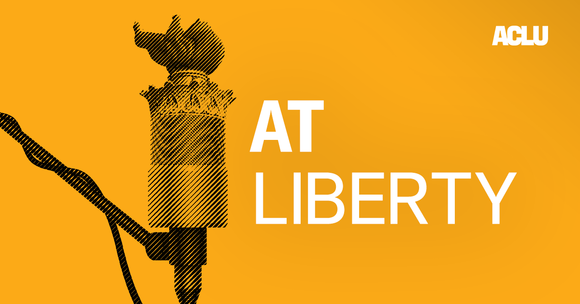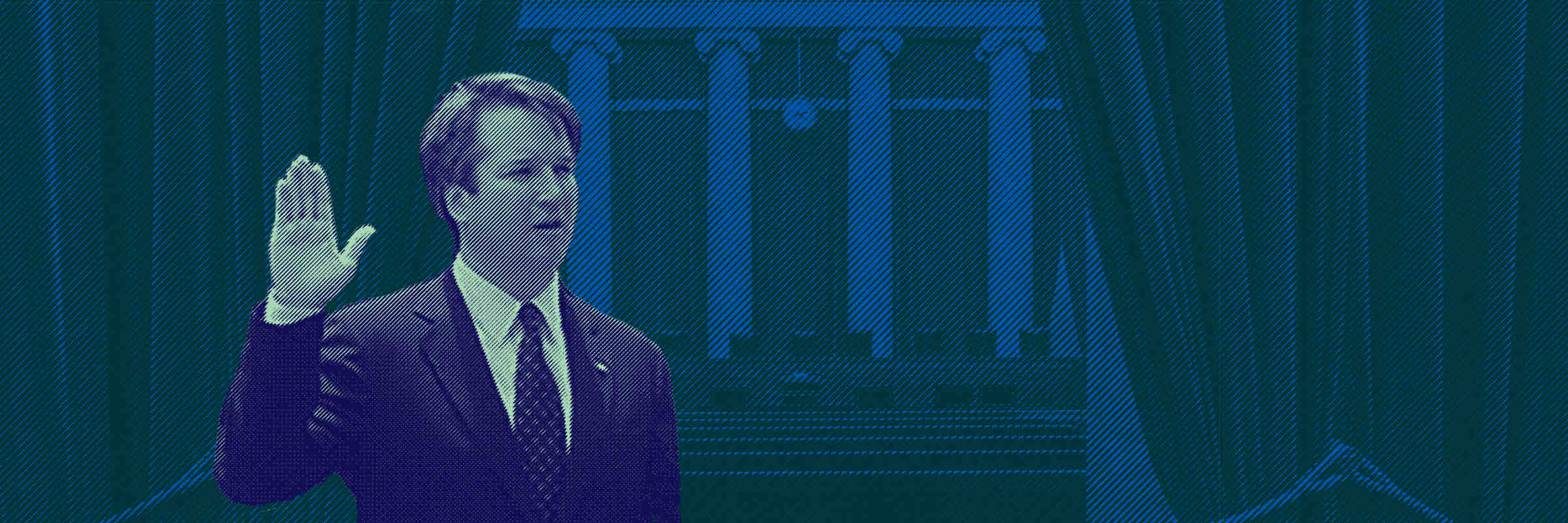
The Kavanaugh Files
With his selection of Judge Brett Kavanaugh to fill Justice Anthony Kennedy’s seat on the United States Supreme Court, President Donald Trump has the opportunity to alter the makeup of the court for a generation. Many constitutional rights have been enshrined by a slim Supreme Court majority, with Justice Kennedy often casting the deciding vote. A shift in the court’s ideological makeup could affect those rights.
Given the stakes of this nomination, senators should probe Kavanaugh thoroughly on his record and his positions when they question him at his confirmation hearings in early September. The ACLU does not endorse or oppose nominees or candidates for political or judicial office. But we have analyzed Kavanaugh’s record on some major civil rights and liberties issues in the articles below. For more detailed legal analysis, read the ACLU’s report on Kavanaugh here.
